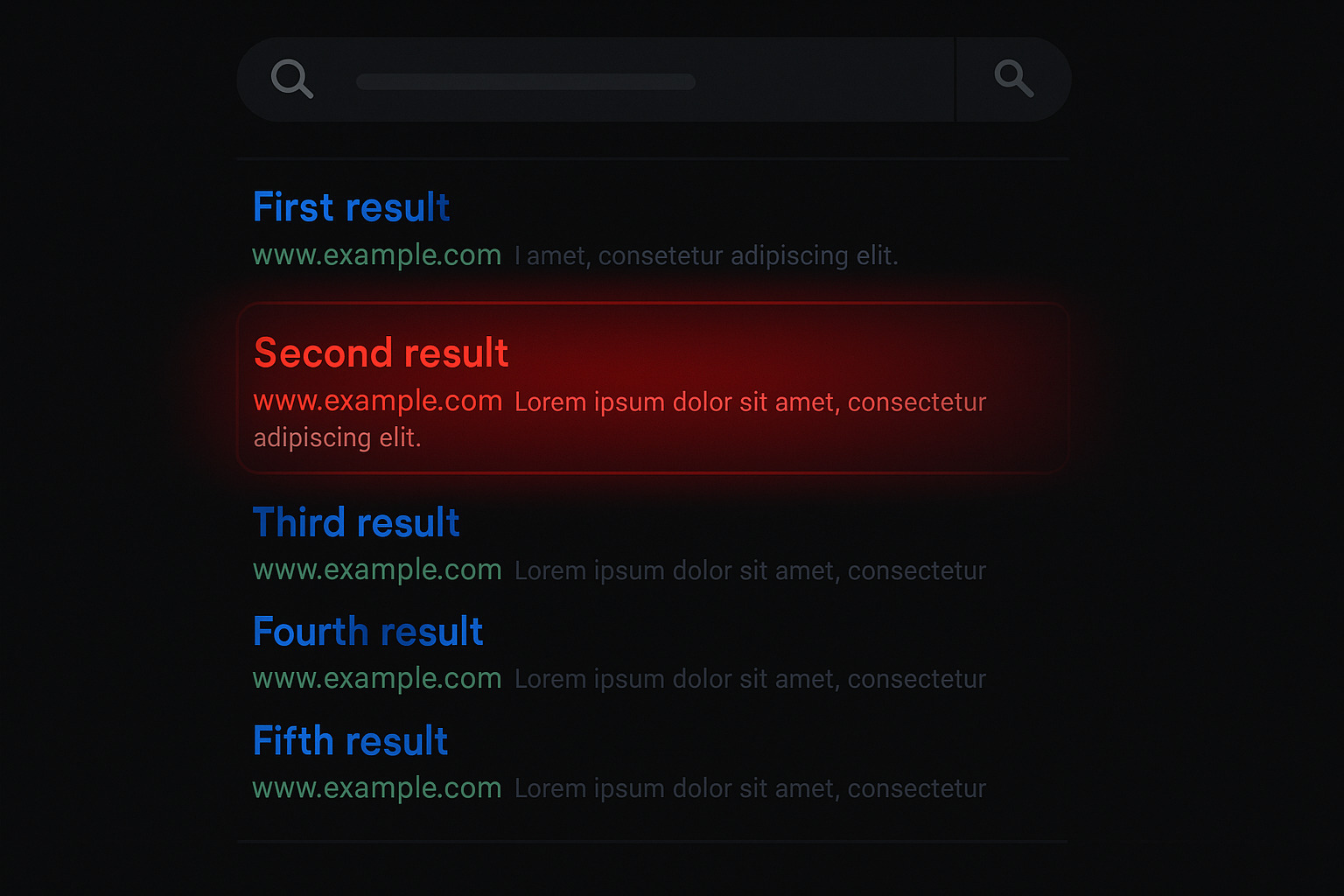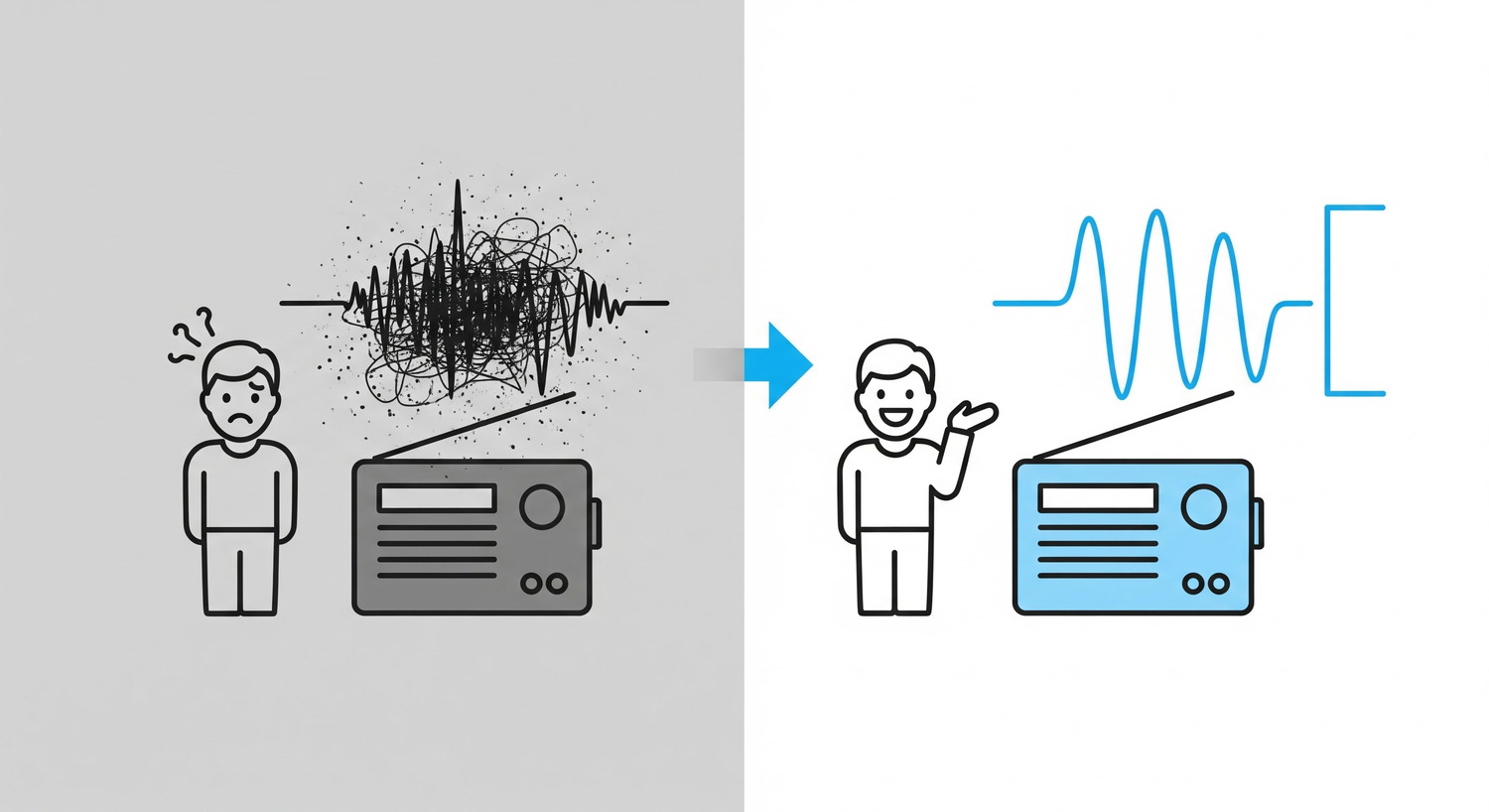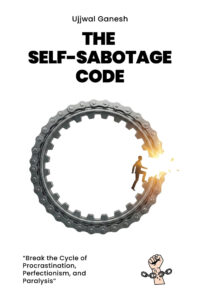You’ve built your website.
Optimized the pages. Invested in SEO. Maybe even got a few wins in traffic and conversions.
But there’s a threat most founders, marketers, and business owners are still blind to.
And it’s not just about bounce rates, broken links, or bad design.
It’s about cybercriminals hijacking your brand through search engines—using a tactic called SEO poisoning.
Let me break it down.
What’s SEO Poisoning?
It’s how threat actors game Google’s algorithms to promote their malicious content—by injecting dangerous code into your (or someone else’s) compromised website.
Your site looks fine on the surface.
But under the hood? Hidden JavaScript and backlinks are quietly boosting phishing pages, fake product listings, and malware sites.
All designed to look legit. All built to steal.
Why Should You Care?
Because this isn’t theoretical. It’s not niche. And it’s growing fast.
According to Trend Micro, over 47,000 fake e-commerce websites were discovered using SEO poisoning tactics in Japan alone last year.
And that’s just one country.
Netcraft revealed that marketplaces like Hacklink are selling access to compromised domains for as little as $1 per site—letting scammers inject links and code at scale.
Here’s what happens next:
- Your brand appears in search alongside fraud.
- Your domain is flagged, blacklisted, or buried.
- You lose rankings, trust, and visibility—overnight.
That’s not a traffic dip. That’s digital sabotage.
What Makes It So Dangerous?
- You may not even know it’s happening.
- The attack is silent, invisible to users.
- Even government and university (.gov/.edu) sites have been compromised.
- And the bad actors? They’re organized, scalable, and faster than most IT teams.
This isn’t defacement. It’s deception at scale.
What Should You Do About It?
If you’re a business owner, startup founder, or marketer, here’s my take:
Your website is your single most valuable digital asset.
It’s the only platform you truly own.
And it deserves better than passive protection.
You’ve got two options:
- Own the security conversation yourself — stay informed, audit regularly, and monitor backend traffic patterns.
- Hire someone you trust to do it for you — not just an agency, but a partner who understands security, SEO, and visibility.
Because protecting your site is no longer a technical choice.
It’s a brand move. A business decision. A trust signal.
And the ones who ignore it?
They’re the easiest targets on the internet.
If you want your site to be a growth engine, not a ticking time bomb—you now know where to start.
I’m Ujjwal Ganesh. I help businesses turn their websites into profit centers. And part of that work? Making sure they’re visible, trusted, and bulletproof.
Let’s keep it that way.













